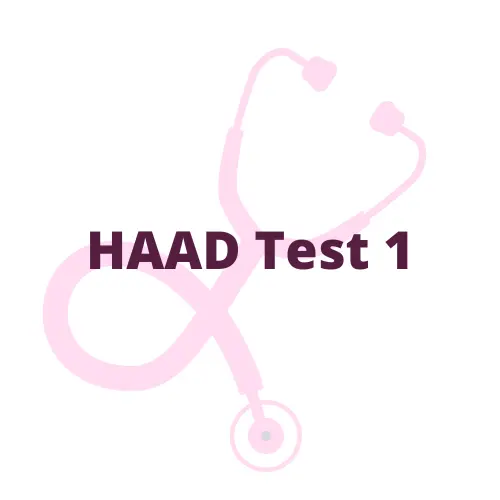NCNZ IQN Tests : 6 IQN Mock tests for you to practice
Practice Test 1 Free NCNZ IQN Tests Congratulations on taking the first step towards your nursing career in New Zealand! If you’re an overseas nurse
Mastering the Occupational English Test (OET): Usefull Tips and Strategies for Healthcare Professionals
Occupational English Test The Occupational English Test (OET) is an international English language proficiency test designed specifically for healthcare professionals who wish to work or
30 Hilarious Nurse Pick Up Lines to Add Some Flirt to Your Shift
Nurse Pick Up Lines It’s always important to be respectful and considerate when attempting to flirt with someone, especially in a professional setting like a
Exploring the Different Types of Nurses and Their Roles in Healthcare.
Types of nurses. Nursing is a diverse field that includes a lot of roles and specializations. Nurses are found to work in different healthcare settings,
Nursing in Australia: Education, Practice, and Career Opportunities
Nursing in Australia Nursing is considered an essential profession worldwide and so in Australia because nurses provide crucial care and support to patients in a
Complete guide about rn to bsn program
RN to BSN program There is a misconception that all nurses are the same, but every nurse has to take a specific pathway to reach
Exhaustive guide for LPN to RN program | why the transition from LPN to RN?
Guide for LPN to RN Every healthcare professional has some way to advance their career and get more knowledge, expertise, and opportunities. The process to
Welcome to our website NurseAbroad
Welcome to the leading online resource center for Nursing Abroad. If you’re considering an exciting move to further your career in nursing by moving to the UK, Dubai, Canada or any other country then you’ve landed on the right page!
We are pleased to introduce our company as Nurse Abroad We have built a great reputation by providing quality blogs and assessment such as:
How to Register with health care councils abroad.
Recruitment Agency for Nurses in the UK.
Occupational English Test Preparations.
CBT Preparation Tests.
We will provide multiple options for the technical and non-technical Nurse Recruitment consultant for the UK as well as around the globe. As there are openings in different areas, you need to search which field you want to enter.
Licensing Tests
[wp_show_posts name=”Standard”]


